Ecofundamentalism
Ecofundamentalism
A Critique of Extreme Environmentalism
Rgnvaldur Hannesson
LEXINGTON BOOKS
Lanham Boulder New York Toronto Plymouth, UK
Published by Lexington Books
A wholly owned subsidiary of Rowman & Littlefield
4501 Forbes Boulevard, Suite 200, Lanham, Maryland 20706
www.rowman.com
10 Thornbury Road, Plymouth PL6 7PP, United Kingdom
Copyright 2014 by Lexington Books
All rights reserved . No part of this book may be reproduced in any form or by any electronic or mechanical means, including information storage and retrieval systems, without written permission from the publisher, except by a reviewer who may quote passages in a review.
British Library Cataloguing in Publication Information Available
Library of Congress Cataloging-in-Publication Data
Library of Congress Cataloging-in-Publication Data Available
ISBN: 978-0-7391-8963-4 (cloth : alk. paper)
ISBN: 978-0-7391-8964-1 (electronic)
 The paper used in this publication meets the minimum requirements of American National Standard for Information SciencesPermanence of Paper for Printed Library Materials, ANSI/NISO Z39.48-1992.
The paper used in this publication meets the minimum requirements of American National Standard for Information SciencesPermanence of Paper for Printed Library Materials, ANSI/NISO Z39.48-1992.
Printed in the United States of America
Acknowledgment
This book was finalized while I was Julian Simon fellow at the Property and Environment Research Center (PERC) in Bozeman, Montana, August to October 2013. I am grateful to the researchers I met at PERC for constructive and stimulating discussions on some topics raised in the book. The book is meant to be in Julian Simons spirit; something he would agree with if he were still around. The ultimate responsibility for what the book has to say rests, needless to say, only with myself.
Rgnvaldur Hannesson
Chapter One
Introduction
After thirty years in the environmental movement, I am worried that as it gains power it cares less and less about reason and science. Its influence on movies, academia, and literature has already turned history into fiction and propaganda.... In short I believe the environmental movement has almost lost touch with reality.
Former environmental activist Wallace Kaufman (1994), p. 7
One caveman says to another: Somethings just not rightour air is clean, our water is pure, we all get plenty of exercise, everything we eat is organic and free-range, and yet nobody lives past thirty.
Alex Gregory, cartoon in the New Yorker , May 22, 2006
A specter is haunting Europe, wrote Karl Marx and Friedrich Engels in their Communist Manifesto in 1848, the specter of communism. The specter was a force to be reckoned with for a long time. Then, at the end of the twentieth century, it was laid to rest, as the Soviet Union collapsed and communism proved to be an utterly unsuitable blueprint for social and economic organization.
In modern times, another specter is haunting not just Europe but the world at large, the specter of environmentalism. It has certain similarities to, but is also different from, the specter of communism. Socialism or communismthe distinction is not always cleararose from large differences in material well-being. The industrial revolution brought legions of poor people from the land to the cities to work in factories. For many, and probably most, the factories were an improvement over whatever living they could eke out on the land. That did not necessarily sooth their frustration because, compared with their masters, factory workers living standard was low indeed. The willingness to change things, by violent means if necessary, does not arise from misery as such; it arises from the perception that things can be improved. The changes brought about by the industrial revolution certainly brought home the point that change was possible, and the wealth created by the new factories was a manifestation that living conditions for the proletariat could be improved if only it were distributed more evenly.
The specter of environmentalism has a different origin. It did not arise from the frustrations of the downtrodden. Instead, it arose from a bad conscience of the pampered. Environmentalism is not an ideology justifying the struggle of the poor for a better lot, it is a malaise among those who have enough or more than enough.
There is another way in which socialism and environmentalism differ from one another. Socialism is a child of the Enlightenment. It sprang from a belief in science as a vehicle for human progress, from an understanding that science and technology would provide the material abundance needed to lift humanity from misery. That notwithstanding, it turned out to be gravely mistaken. Nevertheless, it is to the scientists and philosophers of the Enlightenment that we owe the replacement of superstition with scientific inquiry and the use of science for human progress; indeed we are still drawing on that inheritance. Environmentalism is of a different kind. Even if it is often dressed up in scientific garb, its most extreme variety incorporates deep skepticism toward science, taking its cue from nature mysticism. This skepticism manifests itself in skepticism about any interference with nature; it is as if nature knows best. Reduced to its absurd consequences, this type of environmentalism tells us that humanity should never have entered the stone age and made tools; we should still be gathering fruit and killing animals we could handle with our bare hands. Presumably no one in his right mind would want to go that far, but it is entirely unclear where to draw the line. Should we still be hunters and gatherers, but using stone tools? Should we just have avoided artificial fertilizer? Or pesticides? Or coal and oil?
This book is a critique of environmentalism of this kind. Environmentalism is a very broad concept. Some people talk about the environmental movement as if it were a unified force striving toward a common goal. This is far from being true. People who call themselves environmentalists hold very different views on what it means and strive toward different and often competing goals. Many, perhaps most, are against nuclear energy, others see it as the only credible way of reducing carbon dioxide emissions without depriving us of the energy use essential for our way of life. Many, perhaps most, see global warming as a threat, but some think it is an overblown issue and still care for wildlife and other issues of environmental concern. Criticizing environmentalism is not a fight against a many-headed hydra, it is more like fighting against some ideas that are ill taken while supporting others that are constructive and strive for a better world.
So what is good and what is bad about environmentalism? We all depend ultimately on nature. Environmentalism in the sense of taking care of nature so that we can live better is, needless to say, a good thing. But there is another type of environmentalism, one that puts nature above man, one that would sacrifice our way of life if it in any sense conflicts with nature as its proponents see it. This book seeks to debunk this kind of environmentalism, expose its inner contradictions and the threat it ultimately poses against our way of life and civilization. This kind of environmentalism may well be a minority or even marginal opinion, but there are signs that this mind-set has more influence and penetrates peoples way of thinking to a greater extent than it deserves. This mind-set makes otherwise reasonable people receptive to exaggerated or plainly wrong arguments against nuclear energy, use of fossil fuels, genetically modified foods, opening up of new mines, and much else. It makes people predisposed to support, by donating money and otherwise, organizations that claim they are trying to save the world when in reality they would be better described as trying to destroy it. One may wonder at which point in our history we would be stuck if this mind-set had guided the decisions of our forefathers. It is this kind of environmentalism I am criticizing and for which I often shall, for brevity, use the terms environmentalism and environmentalists without further qualification. There is an additional reason for that. Sadly to say, more often than not it is this type of environmentalism that the media refer to when they write or talk about the environmental movement.
Next page
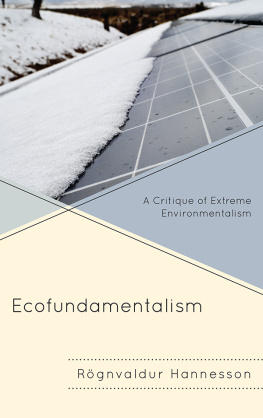
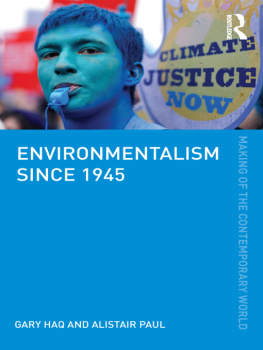
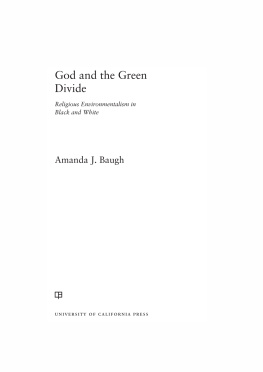
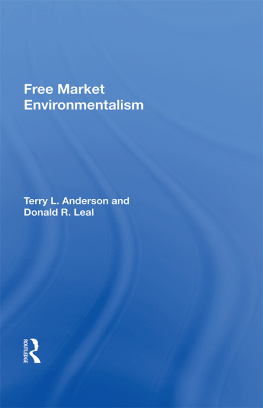
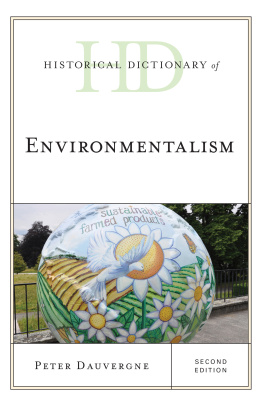
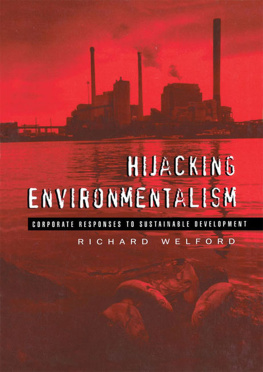
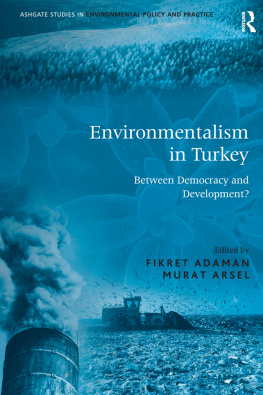
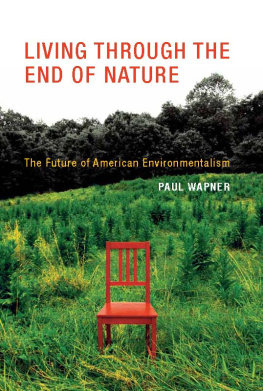
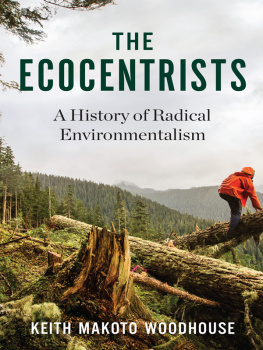
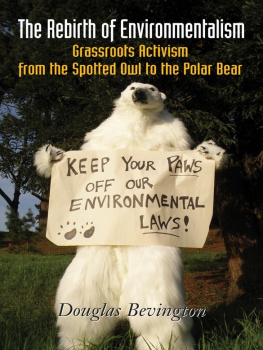
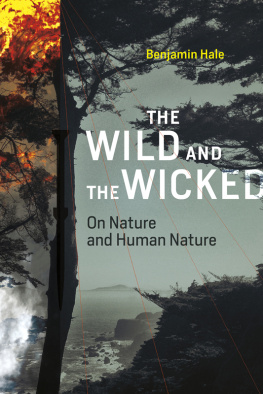

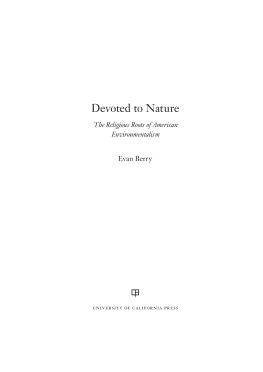
 The paper used in this publication meets the minimum requirements of American National Standard for Information SciencesPermanence of Paper for Printed Library Materials, ANSI/NISO Z39.48-1992.
The paper used in this publication meets the minimum requirements of American National Standard for Information SciencesPermanence of Paper for Printed Library Materials, ANSI/NISO Z39.48-1992.